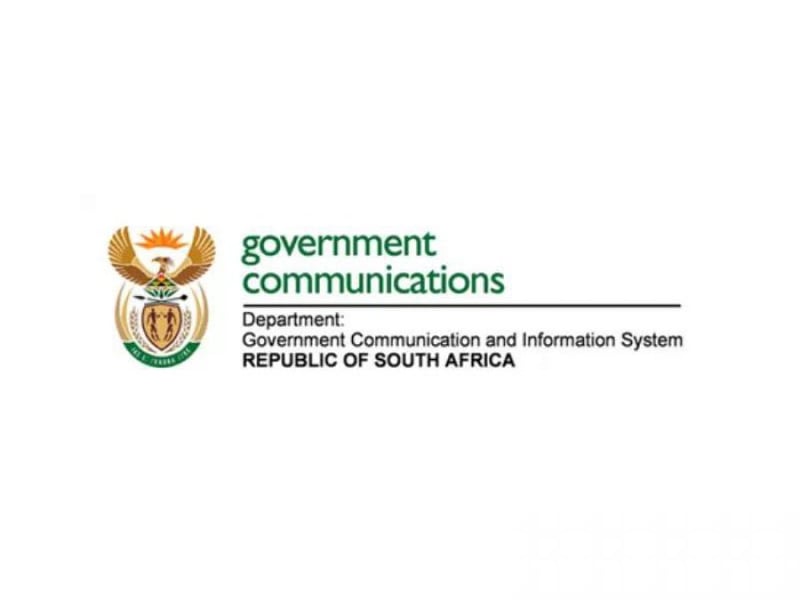Government will enforce localisation in future
Written by: MyPressportal Team Save to Instapaper
The dti has spent 99,62% of its allocated budget of R10.3 billion comprising mainly of incentives schemes, where disbursement to the Black Industrialists programme over R3 billion of investments were leveraged and 7000 jobs were created
CAPE TOWN, South Africa, September 13, 2017/APO/ --
Once a product has been designated for local production, all organs of state have to comply with the requirements of local content. This was said by the Minister of Trade and Industry, Dr Rob Davies during the department's 2016/17 Annual Report presentation to the Portfolio Committee of Trade and Industry in Parliament, Cape Town. Minister Davies said to ensure that public entities or organs of state comply with the requirements National Treasury is tasked with the responsibility of issuing instruction/circulars on localisation. Currently government has designated 21 commodities for local content.
The 2017 Preferential Procurement, in particular Regulation 14 deals with non-compliance on issues of local content and other conditions of the contract. Minister Davies has called on the public to report any incident of non-compliance on local content as government cannot act if there is no evidence or reports.The organ of state can cancel the contract if there is non-compliance after a due process.
In the forthcoming Public Procurement Bill that is led by the National Treasury, the area of compliance will be beefed including consequences for non-compliance.
Davies said moving forward localisation will remain as policy of government and that the department’s concern is to always try to do what it can to exert influence and not take decision which will undermine localisation.
Localisation is one of the levers that South Africa has identified as a tool to fastrack industrialisation
“Localisation is one of the levers that South Africa has identified as a tool to fastrack industrialisation. As South African government we are not signatory to the World Trade Organisation’s Government Procurement Agreement which does allow localisation polices,” added Minister Davies.
According to Davies, there are number of localisation successes that can be pointed out such as one being the Bus Recapitalisation scheme where buses were manufactured in South Africa, including the procurement of locally manufactured steel and the clothing and textile sectors, and local pharmaceutical companies that benefitted from the policy.
Minister Davies stated that government cannot impose location policy on the private sector.
“Area of concern is still that under the trade relations investment measures under the WTO as a country we can’t impose localisation on the private sector. We have to use other tools like working together with Proudly South Africa, the private sector and manufacturing sector to engage them on the implementation and also pursue more retailers to come on board too,” added Davies.
The dti has spent 99,62% of its allocated budget of R10.3 billion comprising mainly of incentives schemes, where disbursement to the Black Industrialists programme over R3 billion of investments were leveraged and 7000 jobs were created.
The portfolios overall audit outcomes have improved due to the commitment of leadership and management. In addition, nine of the dti agencies that also achieved clean audits are the Companies Tribunal, National Consumer Tribunal, National Gambling Board, National Lotteries Commission, National Metrology Institute of South Africa, National Empowerment Fund, Export Credit Insurance Corporation of South Africa Limited and the South African National Accreditation System. Minister Davies has embraced the concept of clean audits and endeavours to strive towards continuous improvement.
Distributed by APO on behalf of Republic of South Africa: Department of Government Communication and Information.
We submit and automate press releases distribution for a range of clients. Our platform brings in automation to 5 social media platforms with engaging hashtags. Our new platform The Pulse, allows premium PR Agencies to have access to our newsletter subscribers.
Latest from
- Industry Experts Link Ageing Aircraft And Supply Chain Disruptions To Rising Flight Delays
- Wood Mackenzie Joins African Energy Week 2025 As Silver Partner To Advance Strategic Industry Insight
- Azura Boutique Retreats Expands With Opening Of Marlin Beach In Mozambique’s Marine National Park
- Kaspersky Launches Safer Together Campaign With Rugby Stars To Tackle Cyber Threats In South Africa
- Thirst Showcases The Women Redefining Event Excellence Through Precision And Creativity
- C&I Sector Growth And Resilience In SADC Spotlighted At Energy And Storage Summit Zambia 2025
- Orlando Pirates FC And Amstel Lager Launch Partnership To Celebrate South African Football Culture
- Expert Guide Shows Vloggers How Reality TV Editing Techniques Can Transform Their Video Content
- Smarter Mobility Africa And WiN Unite Women Leaders Transforming Transport Across The Continent
- Glenvista Primary School Receives Tablet Donation To Bridge Digital Divide In Education
- From Dust TO Dignity- How One Woman Is Rebuilding South Africa, One Life At A Time
- SA's Auto Sector HIT By JOB Losses And Company Closures
- Minister Sets His Sights ON Revamped Higher Education Sector
- UP Researchers Triumph At Nstf Science Oscars, Spotlighting Excellence In Science And Innovation
- Local 8-year-old Girl Lands Real Madrid Education, Sport Sponsorship
The Pulse Latest Articles
- Rode Report Expands Coverage To Include Multifamily Rental Housing (August 13, 2025)
- How Women At Steinmüller Africa Are Reshaping Industry Leadership (August 13, 2025)
- Ditch The Crash: 3 Smarter Drink Choices To Fuel Your Workday (August 13, 2025)
- Pura Soda Fuels South Africa’s Young Cyclists With Clean Choices, Driving Real Impact And Growth. (August 12, 2025)
- Xlink Launches Novax : Always-on, Enterprise-grade Connectivity Engineered For Smes (August 12, 2025)
